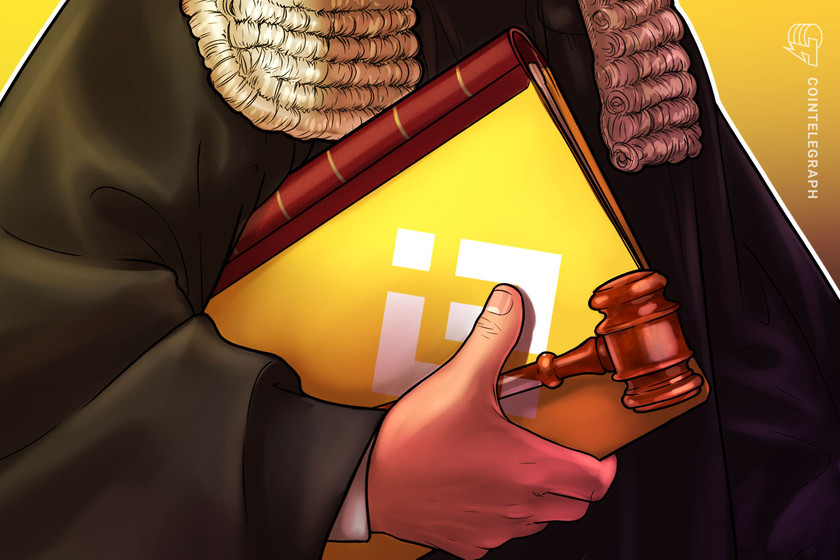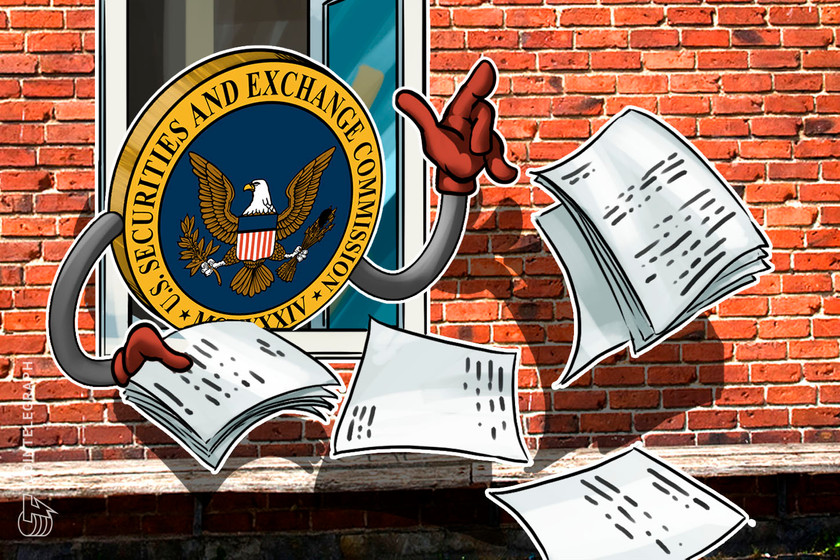SEC’s ‘brute force’ crypto regulation attempt is ‘bad policy’ — Paradigm


The venture capital firm pointed out the fundamental differences between crypto assets and securities.
Criticisms of the United States Securities and Exchange Commission are mounting as the agency remains unrelenting in its war on crypto.
On April 21, Web3 venture capital firm Paradigm published a policy piece on the problems with SEC registration.
It claimed that SEC Chair Gary Gensler’s “attempt to brute force crypto assets that may not even constitute ‘securities’ into an ill-fitting disclosure framework is bad policy.”
The firm, which invests hundreds of millions into crypto and Web3 startups, said thythe SEC fails to provide crypto asset users and investors with the information they need.
It also denied the SEC’s claims it offers crypto entrepreneurs a viable path to compliance.
Paradigm points out the current disclosure policy was developed in the 1930s, long before the internet. It claims current policies are “tailor-made for centralized companies issuing securities” and that crypto markets are fundamentally different.
Gensler’s SEC wants to brute force crypto into an ill-fitting disclosure framework
In our latest piece, we show why this is a bad policy that fails to give crypto users and investors the info they need, or provide entrepreneurs w/ a viable path to complyhttps://t.co/jOpxYJSl6U
— Rodrigo (@RSSH273) April 20, 2023
The firm noted that securities provide the holder legal rights against a centralized entity, however, there are no “legal rights” with most cryptocurrencies but “technological abilities in a protocol.”
Additionally, crypto assets can be completely independent of their issuer and maintain full functionality without their input.
Crypto assets can also be traded peer-to-peer and on a fundamentally different technology stack, unlike traditional securities and stocks, which trade on an “archaic system full of intermediaries.”
The venture firm concluded that the financial regulator needs to modify its current disclosure regime to incorporate new technologies and asset classes.
“Unsurprisingly, without major changes to the SEC’s current disclosure regime, the SEC is unable to effectively regulate crypto asset markets.”
Paradigm is not the only crypto industry representative that has been critical of the SEC and its policies.
Related: Gary Gensler’s SEC is playing a game, but not the one you think
Congressman Warren Davidson has also been vocal about the agency and its chief “cop on the beat.”
On April 16, the pro-crypto politician introduced legislation “to correct a long series of abuses” aiming at replacing Gensler with an executive director that reports to the board.
In an April 18 hearing on oversight of the SEC, Gensler was grilled by the chair of the House Financial Services Committee, Patrick McHenry. “Clearly, an asset cannot be both a commodity and a security,” said McHenry as Gensler refused to say what he considers the classification of Ether (ETH).
Magazine: Crypto regulation: Does SEC Chair Gary Gensler have the final say?






















